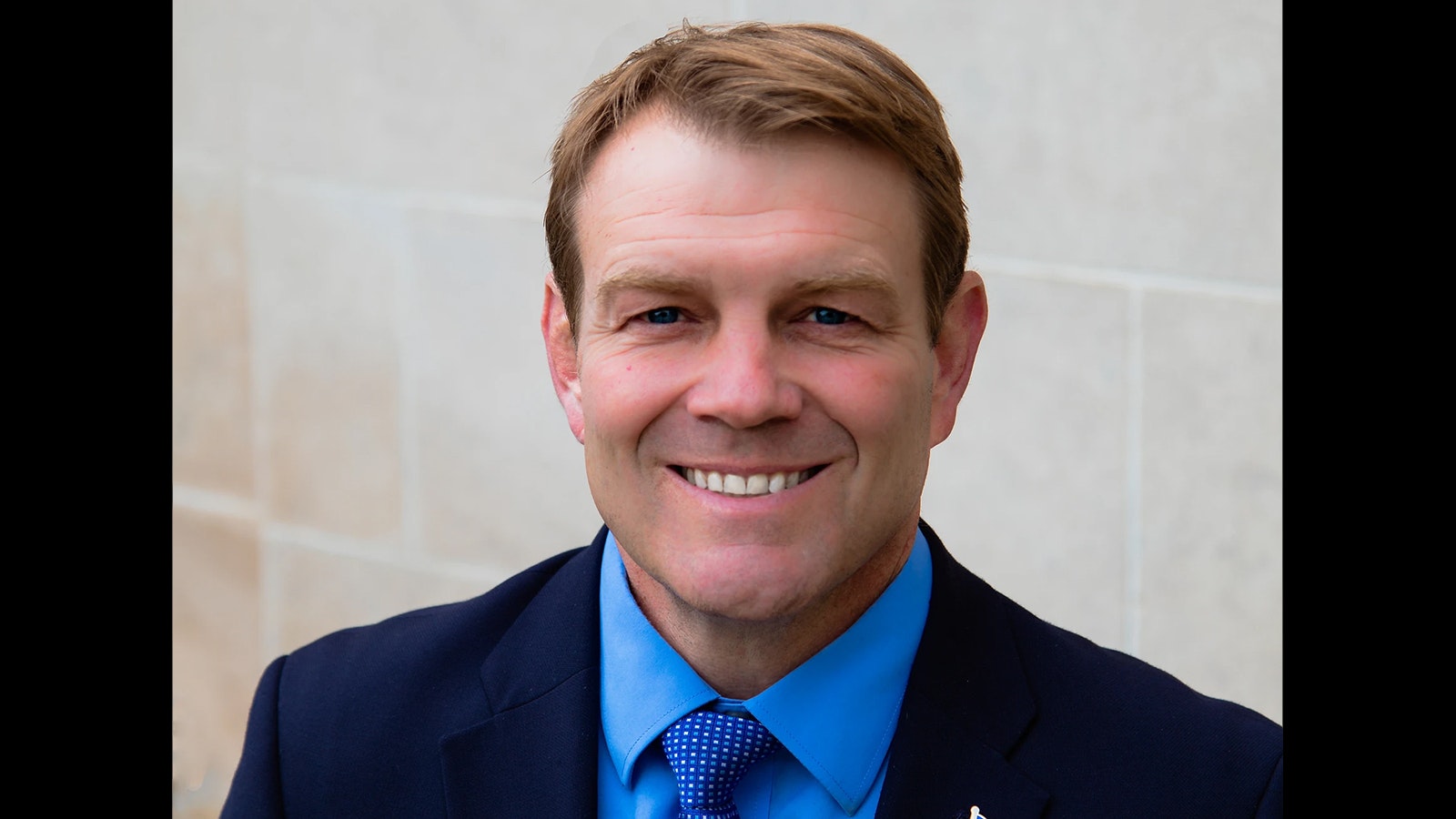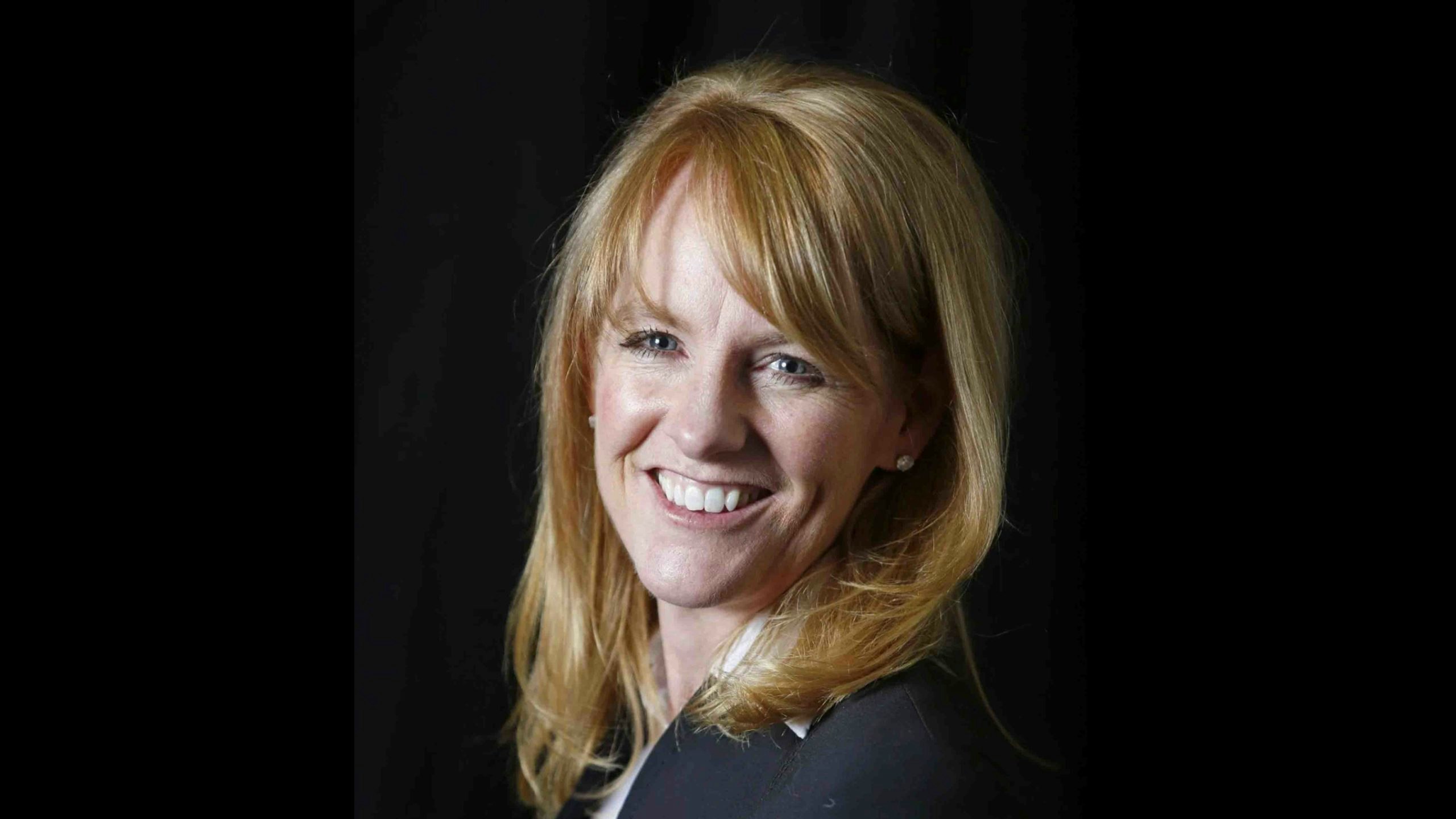Casper attorney Susan Stubson said she wrote an op-ed that ran in The New York Times on Sunday to show the world that Wyoming and rural America isn’t represented by radical faction of the Republican Party that supports Christian nationalism.
“I feel like in many ways the Republican Party and the faith community get a bad rap,” Stubson said. “It’s a little bit of the defender in me.”
In her 1,730-word piece, Stubson cites a number of Wyoming examples in what she says was an effort to try and provide balance to some of the loudest voices in the room that both the Republican Party and Christian community have been “hijacked” by extreme elements.
“The people who are super engaged are the ones that vote,” Stubson said. “The ones who are super engaged are real extreme right, and they’re gaining.”
Stubson said although she’s embraced faith and politics her whole life and believes they’re “inextricably intertwined” in creating a person’s sense of morality, there needs to be some level of separation.
She wrote that Christian nationalists have commandeered her Republican Party and the faith community “by blurring the lines between church and government, and in the process rebranding our state’s identity.”
Both Wyoming Senate President Ogden Driskill, R-Devils Tower, and House Speaker Albert Sommers, R-Pinedale, “liked” Stubson’s post promoting her op-ed on Facebook, and Sommers told Cowboy State Daily that he found the piece “well-written.”
Christian Nationalism
Stubson said she agrees with Christianity Today writer and author Paul Miller, who said that Christian nationalism is a belief that “America is a ‘Christian nation’ and that the government should keep it that way.”
“It’s really tricky to define, but you know it when you see it,” Stubson said.
Her views about how far-right Republicans are reshaping the party have been met with pushback from some in Wyoming, which voted for former President Donald Trump with a larger margin than any other state in the 2020 election.
Former Wyoming U.S. congressional candidate Darin Smith disagrees and said Stubson’s arguments are based on her personal worldview. Smith ran against Stubson’s husband Tim Stubson in the 2016 race for Wyoming’s lone U.S. House seat.
“She’s trying to bring the Democratic worldview into the Republican Party, and why can’t we just let the Republicans be Republicans?” he said. “Let’s not say we’re one thing and really, we’re another.”

Not Christ, But Control
Stubson believes Christian nationalism has nothing to do with Christianity and everything to do with control.
A devout Christian and member of an evangelical church, she described a recent spirituality conference she attended where there were a large number of pastors. Many expressed that Christian nationalism had led their congregations astray.
Smith, on the other hand, said these pastors are afraid to teach the principles that are in their books.
Swings Both Ways
Some Republicans have argued the party needs to bring its platform closer to the center to adapt to a changing society and attract centrist and swing voters.
Trump disproved that argument with his election win in 2016, but also proved its legitimacy in his 2020 loss, lacking support from independent and swing voters.
Smith pointed to the election losses of former Republican presidential candidates John McCain and Mitt Romney as evidence that leaning to the left doesn’t work for Republicans.
He believes Trump actually did well in 2020 and only lost the election because of alleged fraud.
If You Don’t Like It, Leave
Smith said Stubson would find a more fitting political home in the Democratic Party as he doesn’t believe the current platform of the Republican Party aligns with her views.
He believes Stubson is upset because she and likeminded conservatives are getting blowback from those who say they fully adhere to the Republican platform.
“We are a big tent party, but clearly this tent is not big enough for her,” he said. “She needs to move to the Democratic Party. We’re OK with that. Leave, Susan.”
In her op-ed, Stubson wrote about an encounter she had with a man wearing a cross around his neck along the 2016 campaign trail who made a number of racist comments to her.
Smith said he knows “hundreds” of liberals who express similar statements and doesn’t find anyone with these views to be representative of present-day Christianity.
He said he never encountered anyone along the campaign trail that spouted vitriol similar to what Stubson experienced.
Smith said the concept of Christian nationalism that Stubson is describing is a red herring to generalize bigots who want more power.
“I don’t know anyone who wants Christian Americans to conquer America and the world,” he said.
What About Wyoming?
During the 2023 legislative session, many members of the Wyoming Freedom Caucus, a group of staunchly conservative legislators, often recited Christian scripture and themes to make points when arguing policy decisions.
Stubson described the Freedom Caucus as “a noisy group unafraid to manipulate Scripture for political gain under a banner of preserving a godly nation.”
Members of the Freedom Caucus have expressed on multiple occasions the need to grow their ranks and have criticized other Republicans who are not Caucus members as being “unethical” and immoral.
“It’s these new breed of lawmakers who are using scriptural support for policies that sometimes are wholly antithetical to the teaching of Christ, and I fundamentally believe that’s wrong,” Stubson said. “It’s the weaponization of that.”
This argument and many of the other points Stubson makes are broad critiques that could be interpreted in many ways.
Smith said society has changed and there has been a movement in recent decades of people paying closer attention to politics. He believes religious freedom and a general sense of morality is under attack in America, a common argument made by many other Republicans.
“They’re being told that if they have a moral problem with children being castrated, then they’re a bigot,” Smith said.
Politics, Religion And Racism
Scott Clem, a former state lawmaker and pastor in Gillette, said although he somewhat agrees with parts of Stubson’s argument, he believes Christianity and government have a long-founded relationship that dates back to fourth century Ancient Rome.
“The mix of Christian engagement in political life is not new,” he said.
Clem said Stubson should have more directly addressed the concept of theonomy, an idea that church and state operate as one society ruled by divine law. Clem opposes this concept and the general idea of state-run churches enforcing law.
“But it almost sounded like Christians shouldn’t have any involvement in civic life,” he said, “and if they do, it’s like they’re trying to push something on others.”
Clem said Stubson relied on straw man arguments and the worst elements of society to make her points, and Stubson doesn’t necessarily disagree.
She finds that the most extreme voices are stealing the limelight, with xenophobia and racism trickling into political and faith-based spheres, thinly veiled through the use of Scripture and other Biblical references.
“You see them not only coming into prominence but (politicians) kind of unabashedly endorse some of these views that I frankly find repugnant,” she said.
Smith said Stubson failed to identify a connection between racism and religion.
“You’re angry really over people who stand for Biblical principles and somehow you’ve made that racist, which there’s no connection between the two,” he said.
Inspirations
Stubson started becoming inspired to speak out on what she knew would be a controversial opinion in much of Wyoming with her husband’s 2016 congressional campaign, and then particularly during the COVID-19 pandemic.
“This has been a long time growing,” she said. “You pick up these little bits of pieces and snippets of conversations and observations here. All of a sudden you start to cobble them together and they’re not just pieces and parts, they become a theme.”
Stubson, who said she has no future plans to run for political office, said she’s received many personal messages in response to her op-ed, which has also garnered 875 comments on the page alone.
The No. 1 solution to the problems she addressed, Stubson said, is to get more people participating in elections. During the 2022 general election in Wyoming, 44% of the eligible voting age population turned out to vote.
“That’s on us as citizens of voting age in this state, that if we have a problem with this, then we need to vote,” Stubson said.
A sixth-generation Wyomingite, Stubson said she feels an obligation to defend her state.
“This is the state I cannot quit,” she wrote. “I rely on those gritty and courageous leaders who hold tight to our rural values.”
Contact Leo Wolfson at Leo@CowboyStateDaily.com





